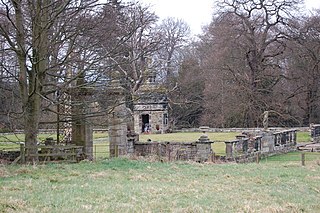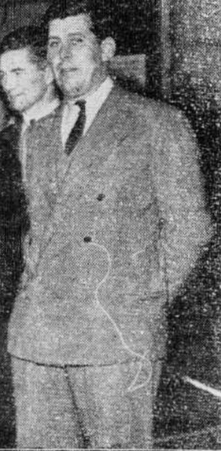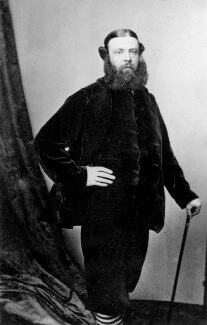See also
- Vereker Monteith Hamilton (1856–1931), Scottish artist of military and historical works
- Viscount Gort
- Vereker, Ontario, town in southwestern Ontario, Canada
Vereker is a surname. Notable people with the surname include:

Field Marshal John Standish Surtees Prendergast Vereker, 6th Viscount Gort, was a senior British Army officer. As a young officer during the First World War, he was decorated with the Victoria Cross for his actions during the Battle of the Canal du Nord. During the 1930s he served as Chief of the Imperial General Staff. He is best known for commanding the British Expeditionary Force that was sent to France in the first year of the Second World War, only to be evacuated from Dunkirk the following year. Gort later served as Governor of Gibraltar and Malta, and High Commissioner for Palestine and Transjordan.

Viscount Gort is the title of two peerages in British and Irish history. Gort is a small town in County Galway in the West of Ireland. The original title was in the Peerage of Ireland and is extant. A viscountcy with the same title as the Irish peerage was then conferred in the Peerage of the United Kingdom to a later Lord Gort. This gave the distinguished descendant a subtle personal change of status, whilst preserving the heritage of the older title. The United Kingdom title, however, became extinct on the death of the original recipient, who remains perhaps the most illustrious bearer of the older title to date. A post-World War II unqualified reference to "Lord Gort" will almost always be to the sixth viscount.
John Vereker may refer to:
John Prendergast-Smyth, 1st Viscount Gort was an Irish politician.

Margaret Kemble Gage (1734–1824) was the wife of General Thomas Gage, who led the British Army in Massachusetts in the American Revolutionary War. It is alleged that she played an important role in the outcome of the American Revolution. She was suspected of having divided loyalties and of informing the American Revolutionaries of British troop movements.
This is a list of people who have held the post of Lord Lieutenant of County Galway.
Gort is a town in Galway, Ireland.
The Prendergast Baronetcy, of Gort in the County of Galway was a title in the Baronetage of Ireland. It was created on 15 July 1699 for the Irish soldier and politician Thomas Prendergast.

East Cowes Castle, located in East Cowes, was the home of architect John Nash between its completion and his death in 1835. Nash himself was the designer of the site, and began construction as early as 1798. It was completed in 1800 and was said to have been built at unlimited expense. Nash was finally interred in the grounds.
Standish Robert Gage Prendergast Vereker, 7th Viscount Gort, was an Anglo-Irish peer, connoisseur and collector of fine art, antiques, and objets d'art, whose seat was at Hamsterley Hall, County Durham. He was appointed High Sheriff of Durham in 1934. He was the brother of John Vereker, 6th Viscount Gort, and inherited that title on the death of Lord Gort without male issue in 1946. He was succeeded in turn by his cousin, Colin Vereker.

Hamsterley Hall is an 18th-century English country house at Hamsterley, Rowlands Gill, County Durham, England. It is a Grade II* listed building.

Colin Leopold Prendergast "Kim" Vereker, 8th Viscount Gort, JP was an Irish peer and member of the House of Keys.

Charles Vereker, 2nd Viscount Gort PC (Ire), known as Charles Vereker until 1817, was an Irish soldier and politician.
John Prendergast Vereker, 3rd Viscount Gort, was an Anglo-Irish peer and politician.
Montagu is an English surname of Old French origin, a form of Montague. One notable family with this surname is the House of Montagu, who include the Earls of Sandwich. Notable people with the surname include:
Boscawen is a surname of Cornish origin, derived from Boscawen-Un. Notable people with the surname include:
John Gage Prendergast Vereker, 5th Viscount Gort was an Anglo-Irish peer, landowner and Army officer.
Charles Smyth (1693–1784) was an Irish politician who served as Member of Parliament for Limerick City for 45 years.

Philip Sidney, 2nd Baron De L'Isle and Dudley DL was an English Peer.